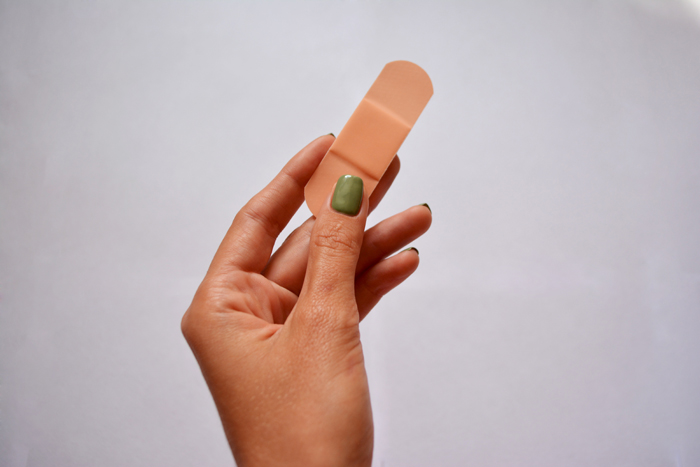Minor Sports Injuries Treatment in Karol Bagh, Delhi
Twisting an ankle while walking down a flight of stairs can be considered a minor injury that can be treated at any emergency care department or urgent care clinic, while a head injury may not necessarily fall under the same category. Hence, it is critical to understand the difference between major and minor injuries.
To know more, consult a general medicine doctor near you or visit a general medicine hospital near you.
What qualifies as a minor injury in a clinical setup?
A minor injury is a condition that is painful but it has no chance of turning fatal or causing permanent damage.

Who qualifies for minor injury care?
There are multiple examples of minor injuries and they are listed below:
- Shallow cuts
- Sprain
- Lesions in skin
- Minor burns
- Muscle strain
- Muscle pull
If you have suffered any of the above, you need minor injury care.
Request an appointment at Apollo Spectra Hospitals, Karol Bagh, New Delhi.
Call 1860 500 2244 to book an appointment.
How is minor injury usually treated?
The following steps should be taken:
- Putting direct pressure on the wound and stopping blood loss
- Washing the affected area proper substances
- Removing any debris or any foreign material that may be stuck there
- Applying an antibiotic on the affected area
- Covering the injured area with dressing
You should consult the emergency care department of a hospital if any of the following happens:
- The wound starts looking infected
- The wound is continuously leaking pus
- The wound is reddened or discolored
Conclusion
Small cuts, minor bruises and such injuries can be inevitable in the pediatric age group. Some minor injuries can be taken care of at home with a basic knowledge of first aid, this helps in avoiding unnecessary trips to the urgent care department of a hospital.
Here are some OTC medicines that are available for reducing inflammation and reducing pain:
-Acetaminophen
-Ibuprofen
Ibuprofen is a safe medication in general and can be given to children and toddlers. However, care should be taken to not administer them to infants under the age of 6 months. The dosage and alternatives need to be discussed with your healthcare provider.
You should not administer aspirin to any child under the age of 9 years unless instructed by a healthcare provider. Aspirin is a powerful and potent drug and hence, should be handled with safety and precaution.
A strain is defined as a condition wherein a muscle has stretched or gets torn, it appears bruised in nature and the general symptoms are pain, soreness and swelling.
A sprain is a more complicated injury that may include the ligaments that have torn. The general signs and symptoms of this condition can be:
- Pain around the affected area
- Joint swelling
- Unable to walk
- Unable to bear weight on any joint
The RICE rule needs to be followed for successfully managing a condition like a sprain or a strain in a joint.
- Resting the affected/ injured area
- Applying ice or cold compress over the swollen area to help reduce the swelling
- Compressing the affected area so as to stop the swelling from progressing further
- Elevating the injured area so that it is at a higher level than the heart
Symptoms
Our Top Specialities
NOTICE BOARD
CONTACT US
CONTACT US
 Book Appointment
Book Appointment


.svg)
.svg)
.svg)
.svg)








